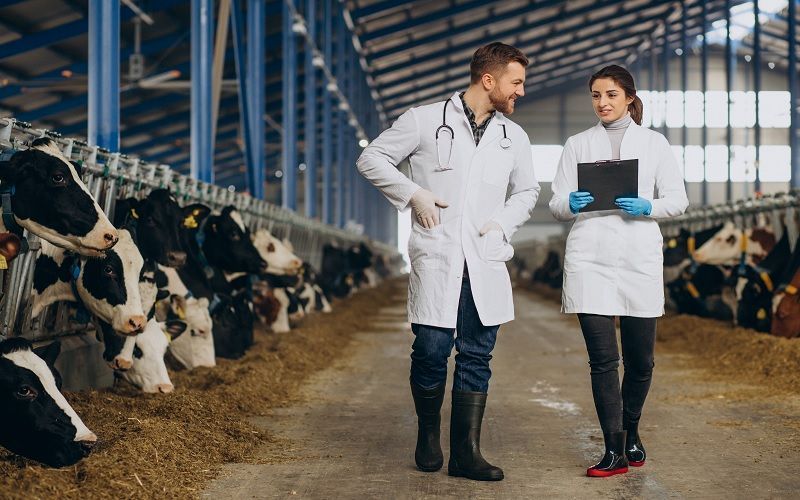Exploring the Costliest Dairy Disease: Global Impact and Regional Disparities
Dr. Philip Rasmussen and a team of researchers from the University of Copenhagen, along with collaborators from Canada, Switzerland, and the United Kingdom, have conducted an in-depth study to identify the world's most expensive dairy disease and assess its impact across different countries.

The study, soon to be published in the Journal of Dairy Science, provides a comprehensive analysis of financial losses associated with 12 common dairy diseases.
Key Findings:
- Subclinical Ketosis emerges as the costliest dairy disease globally, with annual losses estimated at $18 billion. This condition, often undetected, leads to significant declines in milk production and fertility.
- Clinical Mastitis and Subclinical Mastitis follow closely, contributing $13 billion and $9 billion in losses, respectively.
- Other notable diseases include Lameness ($6 billion), Metritis ($5 billion), and Ovarian Cysts ($4 billion).
Global Economic Impact:
- The total economic loss due to dairy diseases worldwide is estimated at approximately $65 billion per year.
- The average loss per cow, adjusted for comorbidities, is around $351, but this varies significantly by country, from $72 per cow in Nigeria to $1,900 per cow in South Korea.
Regional Disparities:
- Oceania (Australia and New Zealand) is particularly impacted by subclinical ketosis, which accounts for 35% of the region’s losses, while Europe faces more significant challenges from clinical mastitis, responsible for 25% of the region’s losses.
- Countries with the highest total losses include India ($12 billion), the United States ($8 billion), and China ($5 billion). These countries also rank among the top milk producers globally.
Human Population Impact:
- New Zealand, Ireland, and Denmark are the most affected countries when losses are measured against the human population, with annual losses amounting to $220, $140, and $70 per person, respectively.










